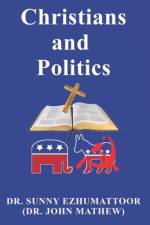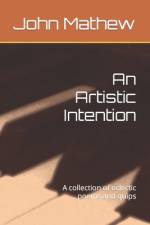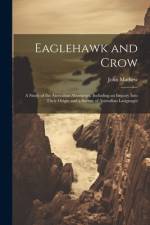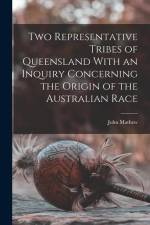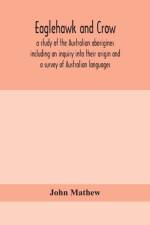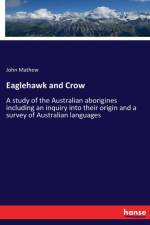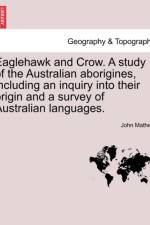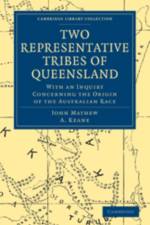av John Mathew
157
This work deals with visible sins and subtle sins. Subtle sins are pervasive among all Christians. It is easy to condemn those obvious sins such as murder, homosexuality, alcoholism, gluttony, and abortion. On the other hand, many Christians ignore their own sins of gossip, pride, envy, bitterness, and love of money etc. Some Christians may have become so preoccupied with some of the major sins of society around us that we have lost sight of the need to deal with our own subtle sins.The Church of Corinth was replete with moral problems. Although many at Corinth embraced Christianity, they did not abandon the decadent Corinthian culture. The pattern of a particular culture can influence people even after they become Christians. Even today it is visible all over the world in all religions and denominations. The Corinthian Church tolerated immorality, factionalism, flaunted their freedom, abused the observance of Lord's supper, misused spiritual gifts, and sued each other in court. However, the apostle Paul addressed them as "saints." (2 Corinthians 1:1 and first Corinthians 1:2). In the Roman Catholic tradition, sainthood is conferred posthumously.Today the believers in the Brethren movement address believers collectively as saints.The clue is to understand the real meaning for that word in the Bible. I made a google search for the Greek word. 40 hágios - properly, different (unlike), other ("otherness"), holy; for the believer, 40 (hágios) means "likeness of nature with the Lord" and "different from the world."The fundamental (core) meaning of 40 (hágios) is "different" - thus a temple in the 1st century was hagios ("holy") because different from other buildings (Wm. Barclay). In the NT, 40 /hágios ("holy") has the "technical" meaning "different from the world" and "like the Lord."[40 (hágios) implies something "set apart" and therefore "different (distinguished/distinct)" - i.e., "other," because special to the Lord.Contextually the word refers not to one's character but to a state of being. Its literal meaning is "one who is separated unto God. "In this context every believer is a saint. 1 Corinthians 1:2 states: "To the church of God that is in Corinth, to those sanctified in Christ Jesus, called to be saints together with all those who in every place call upon the name of our Lord Jesus Christ, both their Lord and ours: " Here Paul uses the word sanctified, a word usually associated with holy living. However, the word sanctified and saint both come from the same Greek word family. A saint is simply someone who is sanctified or separated. Yes, we are separated for what and for whom.? Every true believer in Christ has been separated or set apart by God for God.Believers are going to fall short in some areas of their lives until their glorification.The answer is given in Galatians 5:17 "For the flesh desires what is contrary to the Spirit, and the Spirit what is contrary to the flesh. They conflict with each other, so that you are not to do whatever you want." Furthermore, Peter urges us to abstain from the passions of the flesh, which wage war against your soul. (1 Peter 2:11).


